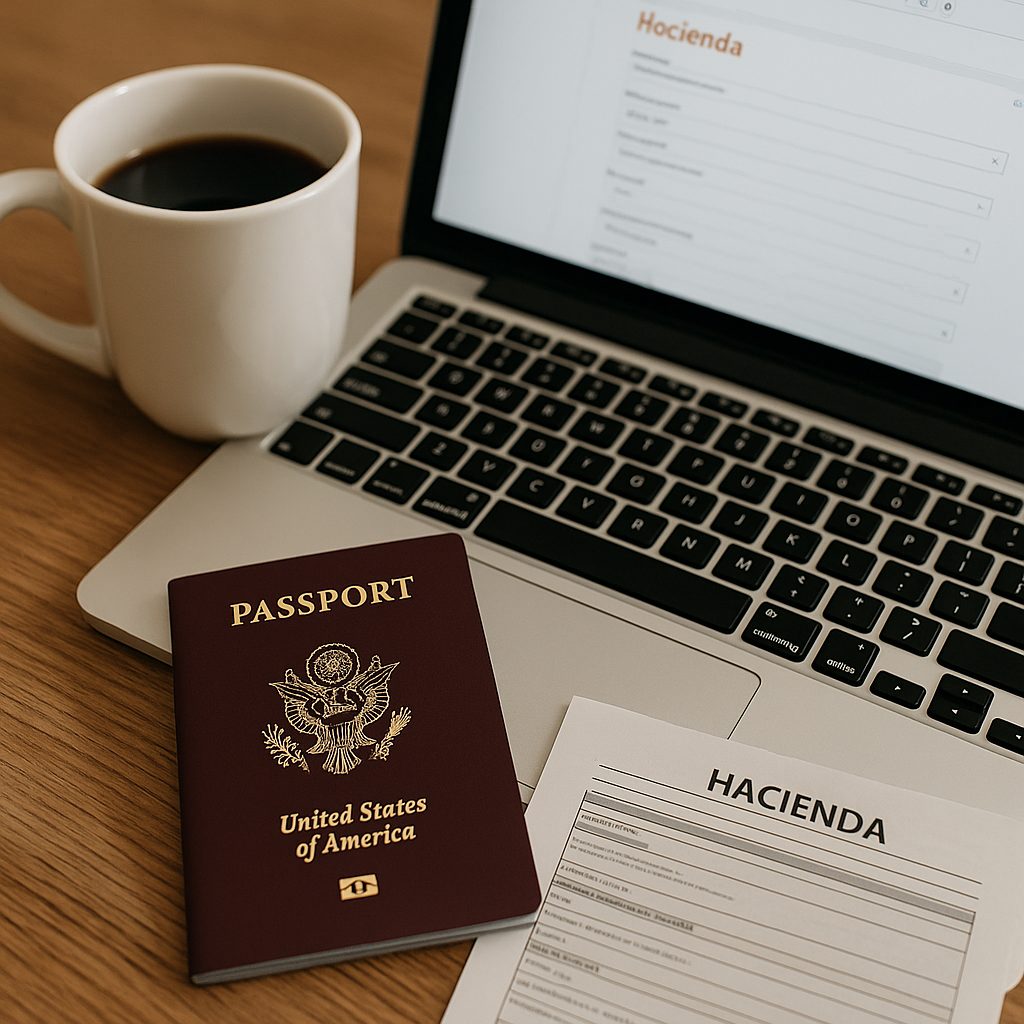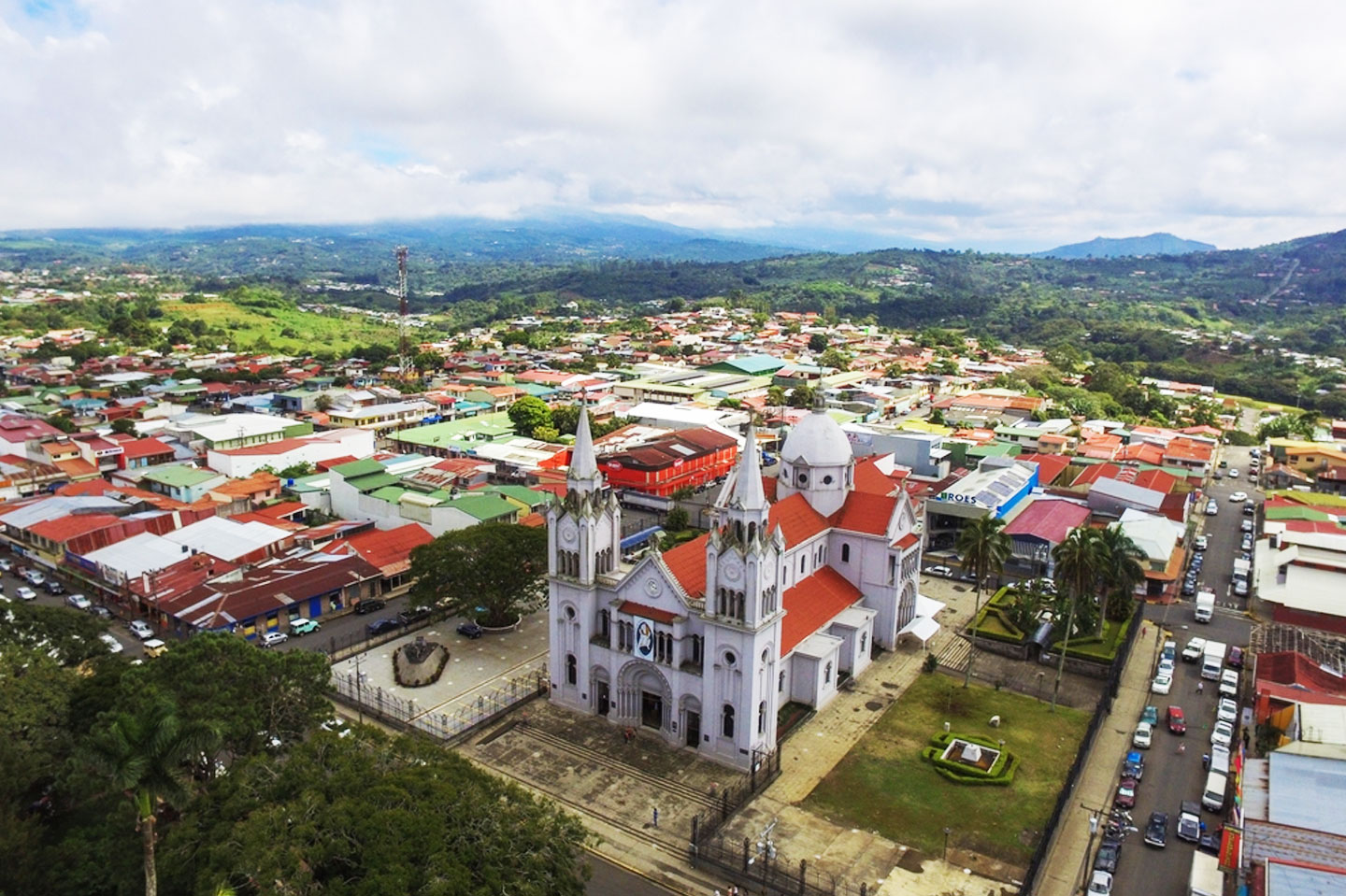main categories of residence Types of Legal Residency in Costa Rica Temporary, Special, or Permanent? Find out what suits you best. Now …

What's New?
Part 1 – Guide by Residency Category: General Requirements Which Residency Category Is Right for You? This is the second article in …
What to know before paying for emigration to Costa Rica Warning Signs and Useful Tips Costa Rica is attracting more and more …
in Costa Rica How I Registered a Tourist Activity in Costa Rica for someone from the USA – legally, quickly and without …
San Ramón is not just a canton with green landscapes and clean air, it is a place with a deep soul, also known as the "Ciudad de los Presidentes y Poetas" (City of Presidents and Poets).
What's New?
main categories of residence Types of Legal Residency in Costa Rica Temporary, Special, or Permanent? Find out what suits you best. Now …
Part 1 – Guide by Residency Category: General Requirements Which Residency Category Is Right for You? This is the second article in …
What to know before paying for emigration to Costa Rica Warning Signs and Useful Tips Costa Rica is attracting more and more …
in Costa Rica How I Registered a Tourist Activity in Costa Rica for someone from the USA – legally, quickly and without …
San Ramón is not just a canton with green landscapes and clean air, it is a place with a deep soul, also known as the "Ciudad de los Presidentes y Poetas" (City of Presidents and Poets).
What's New?
main categories of residence Types of Legal Residency in Costa Rica Temporary, Special, or Permanent? Find out what suits you best. Now …
Part 1 – Guide by Residency Category: General Requirements Which Residency Category Is Right for You? This is the second article in …
What to know before paying for emigration to Costa Rica Warning Signs and Useful Tips Costa Rica is attracting more and more …
in Costa Rica How I Registered a Tourist Activity in Costa Rica for someone from the USA – legally, quickly and without …
San Ramón is not just a canton with green landscapes and clean air, it is a place with a deep soul, also known as the "Ciudad de los Presidentes y Poetas" (City of Presidents and Poets).
Work visas for Costa Rica directly from your Country?
Work visas for Costa Rica? Only if you dream!
Turnkey visas have also been invented for Costa Rica , DIRECTLY FROM YOUR COUNTRY!
All you need is a bank account, a 250 euro/dollar advance , and a lot of ingenuity. Oh, and patience… because your passport could be sitting in a drawer longer than it is in the rest of the world.
There is no legal basis or treaty that allows a company to apply for work visas for Costa Rica. According to Law No. 8764, Article 42 and Article 30 of its regulations, the application must be submitted in person in Costa Rica to the Immigration Directorate by the local employer.
And the “work visas” they talk about on these companies’ websites cannot be obtained, validated, or directly approved by the DGME .
We can easily and publicly dismantle them with concrete examples:
- We take care of everything.
- Work visa services in Costa Rica.
- Free consultation + file preparation + translations.
- That’s false. You need certified translators in Costa Rica.
“We are not affiliated with the Costa Rican government…”
“…we do not assume the decisions of the consulates…”
Like the “Canada visa” or “green card lottery” scams, they sell illusions wrapped in fine-print disclaimers.
Let's get this straight: What is NOT in Costa Rica?
You cannot obtain a work visa for Costa Rica without a Costa Rican employer . No, not a generic one, but one who presents a complete file on your behalf, justifies the need for your employment, and pays taxes.
Did you receive a beautifully signed “offer” in Spanish promising salaries in dollars and guaranteed accommodation?
If the company in question is not registered with the Costa Rican Ministry of Labor or with the Costa Rican Social Security and Immigration Fund, the contract has the same validity as a diploma obtained on OLX
Documents from your country that are “authorized” and translated by translation agencies are NOT valid in Costa Rica unless they are done by an official translator recognized by the Ministry of Foreign Affairs and Worship . Therefore, “because it has a stamp” doesn’t work.

If you really want to Emigrate Legally
1. Consult official sources : Costa Rican Immigration Directorate website: www.migracion.go.cr
2. Find a local lawyer or firm with real experience in Costa Rica
3. Don’t pay anything without having a clear contract and verifying the legality of the process.
4. Be realistic : There are no shortcuts when it comes to immigration. Not even in Latin America.
For any form of legal residence or work , you must:
- A personal file with apostilled documents , translated by translators accredited by the Costa Rican State.
- Valid criminal record (from all countries where you have lived in the last 3 years).
- Physical presence in Costa Rica (even if you apply online, verifications are done locally).
- For work visas: a real employer , registered employment contract and process submitted by the employer, not by you or a third-party company.
On paper, it presents itself as a “visa and legalization center,” with an office in the center of the country’s capital.
The name sounds credible, the website looks dated, and on Google… 576 reviews with a score of 4.9 ! But if you read carefully, some reviews are suspiciously enthusiastic, others have nothing to do with Costa Rica, and a few raise alarm bells.
- buy fake or paid reviews through Fiverr, WhatsApp groups, etc.
- The truly negative reviews are quickly “buried” by waves of 5★ reviews like “Outstanding service, highly recommend!”
- Google does not verify reviews in real time , and it is difficult to file an individual complaint that will lead to the removal of fake reviews.
Starting at 250 euros/dollars, the offer includes “consulting,” “legalization,” “certified translations,” and “processing.”
What is NOT included?
Liability if something goes wrong.
Did you send your passport and want it back? Bad luck.
Did you pay and only receive emails with templates? Bad luck.
Did you arrive in Costa Rica and discover your documents are useless?
It’s your fault for not informing yourself.
Conclusion
If something seems too good to be true… it probably is.
Not all companies offering “exotic visas” are scams, but in Costa Rica, there are no quick and easy work visas , and foreign brokerage agencies lack legal standing .
Costa Rica isn’t a vacation portal where you apply online and receive your passport with a free stamp.
It’s a country with strict immigration laws. Don’t be fooled.

- Article 42 establishes that all foreigners must have a visa to legally enter Costa Rica. Visas can only be issued by Costa Rican authorities ( UNHCR ).
- Regulation (Art. 30) confirms that work and residence visas are obtained by submitting a personal file to the General Directorate of Migration and Foreign Affairs ( DGME ) upon entering the country ( Attorney General’s Office, Immigration ).
The regulation requires that:
- Only a local employer , registered with the DGME and the CCSS, can apply for your work visa .
- A real job offer is mandatory , justified with evidence that the position could not be filled locally.
💥Therefore, any generic offer received from Romania, without the participation of an active Costa Rican sponsor, is nonexistent on paper.
For any document (passport, criminal record, official documents):
- It must be apostilled according to the Hague Convention.
- Translated into Spanish by a translator accredited by the Ministry of Foreign Affairs and Worship
💥Translations made by offices in Romania, even if “authorized,” are not legally valid in Costa Rica.
- Only your Costa Rican employer can apply for a work permit for you.
- Article 33, paragraph k:
“Foreigners wishing to work must have prior authorization from the General Directorate of Immigration and Foreign Affairs.”
- Articles 92 and 93 clearly define the crimes related to the illegal intermediation of immigration services.






